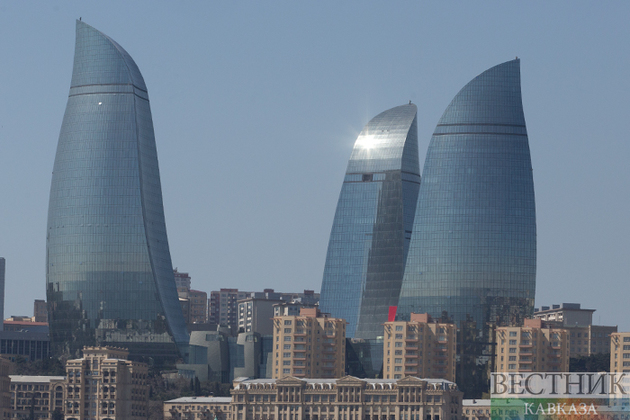Kazakhstan, Turkmenistan and Uzbekistan are extending relations with Azerbaijan, not only to Turkey but beyond. The established bilateral economic cooperation is being enhanced through qualitatively new developments in practical transportation, logistical and supply-chain relations, Asia Times writes.
The main “vector” here is across the Caspian Sea via the Trans-Caspian International Transport Route (TITR, also called the Middle Corridor). Tokayev’s recent visit to Tehran celebrated a secondary link by rail via Turkmenistan, but the poor infrastructure by that route means that TITR will become the primary link, and not only for Kazakhstan.
Azerbaijan acts bilaterally in Central Asia and also cooperates with Turkey in assisting the extension of Turkish economic and political relations there, particularly after the transformation of the Cooperation Council of the Turkic-Speaking States (Turkic Council) into the Organization of Turkic States (OTS) at its November 2021 summit, where Turkmenistan also became an observer country.
It should perhaps be emphasized that Azerbaijan’s diplomatic activity here is not as an “agent” of Turkish interests but rather of its own interests. The trilateral with Turkmenistan, for example, follows only upon Baku’s successful expansion of bilateral relations with Ashgabat.
The most notable aspect of this is the joint agreement to develop the Dostluk oil and gas field (formerly called Kepez by Azerbaijan and Sardar by Turkmenistan), long disputed between them in the middle of the Caspian Sea.
Over the last 10-15 years, Azerbaijan has emerged as a “middle power,” with strategic links extending not only to Europe and the United States, but indeed as far as Australia. This still-deeper strategic cooperation between Baku and Ankara follows on their signature of the “Shusha Declaration on Allied Relations” in June 2021, which has the status of an international treaty between them.
The transformation of the Turkic Council into the OTS was the idea not of Turkish President Recep Tayyip Erdogan, but rather of Kazakhstan’s Nursultan Nazarbayev, in 2021 before the January 2022 unrest in his country. And the idea of the OTS’s new “Turkic World Vision 2040” programmatic document was, specifically, to extend more energetically the trans-Caspian vector.
Thus Azerbaijani President Ilham Aliyev has just completed an important diplomatic visit to Uzbekistan, which he has qualified as a “breakthrough,” with nearly two dozen documents signed, notably in the fields of “trade, transport and logistics.” The two presidents, Aliyev and Uzbekistan’s Shavkat Mirziyoyev, will personally supervise their implementation through the relevant ministries.
This dynamic diplomatic activity by Azerbaijan in Central Asia is an indication that new initiatives to restructure the international system continue to bubble up “from the bottom,” as they did during the 1990s.
Azerbaijan becomes new vector for Central Asia

3860 views





